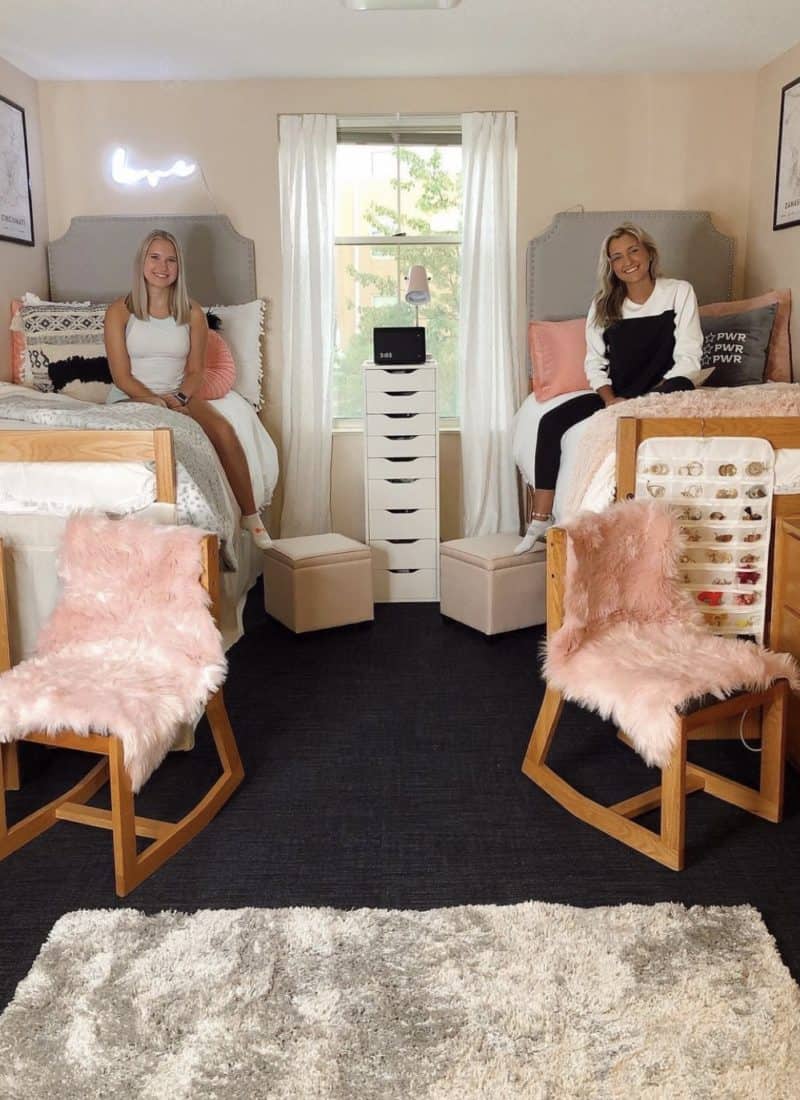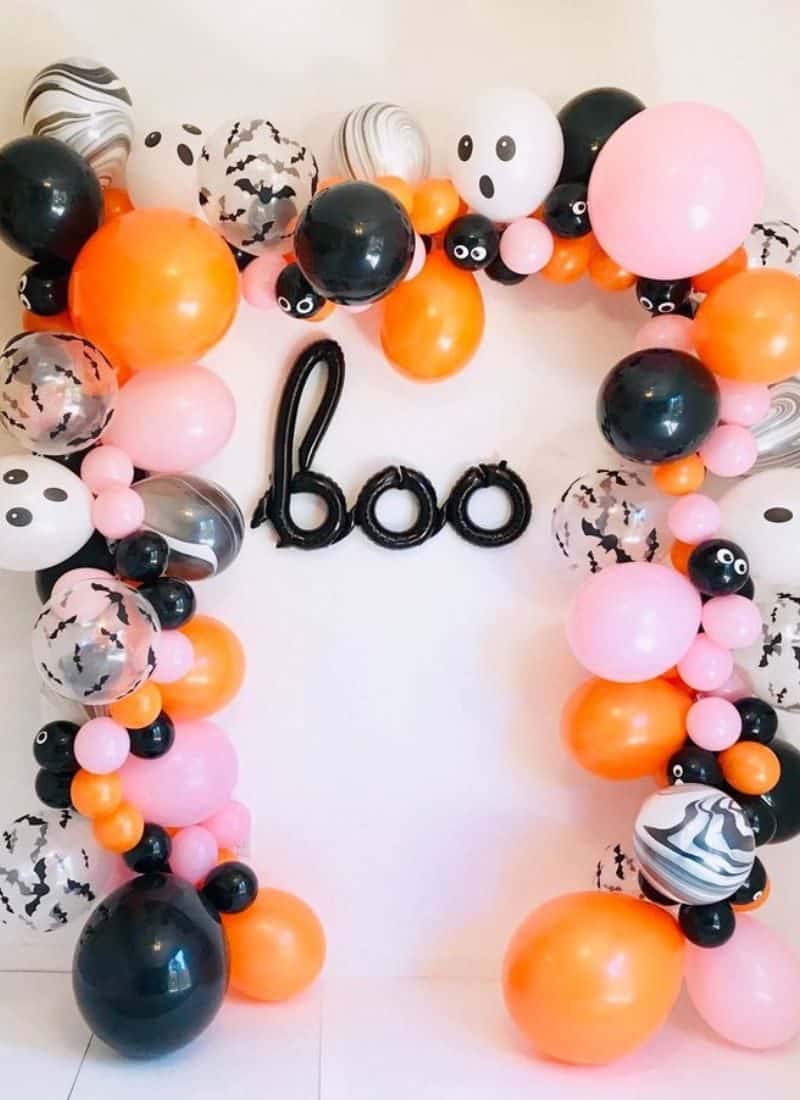Is dating in college a good idea? In this blog post we’ll talk about pros and cons of dating in college!

Dating in college is a common experience that many students look forward to. It’s a time when individuals explore their independence, discover their interests, and meet new people. However, the question remains: is dating in college a good idea? This is a topic of debate among students, parents, and even experts in the field of psychology. Some argue that college dating can be a positive and transformative experience, while others caution against the potential risks and distractions it can bring.
While dating in college can offer companionship and self-discovery, it can also pose risks, such as academic distractions and unhealthy relationships. Ultimately, it’s up to each person to weigh the pros and cons and decide.
On the one hand, dating in college can provide a sense of companionship and emotional support during a time of transition and uncertainty. It can also be an opportunity for individuals to learn more about themselves and what they want in a partner.
However, there are also concerns about the impact of dating on academic performance, the potential for unhealthy relationships, and the risk of sexual assault or harassment. In this article, we will explore both sides of the debate and examine the pros and cons of dating in college.
The Pros of Dating in College: Finding Companionship and Self-Discovery
Dating in college can provide various benefits, including the opportunity to find companionship and engage in self-discovery. Here are some of the pros of dating in college:
- Emotional Support: College can be a stressful time, and having a partner who is there for you emotionally can make a big difference in your overall well-being.
- Increased Social Circle: Dating can introduce you to new people and help you expand your social circle beyond your immediate group of friends.
- Learning about Yourself: Dating can be a chance to learn more about your own values, interests, and preferences, as well as what you want and need in a relationship.
- Romantic Experiences: College is a time when many people are exploring new things, and dating can offer the opportunity to have fun and memorable romantic experiences.
- Building Communication Skills: Relationships require effective communication, and dating in college can be a chance to develop and improve your communication skills.
Related posts you may like: Can You Room With Your Boyfriend In College?
The Cons of Dating in College: Academic Distractions and Unhealthy Relationships
While dating in college can have benefits, it’s important to consider the potential downsides. Here are some of the cons of dating in college:
- Academic Distractions: Balancing the demands of a relationship and coursework can be challenging, and dating can sometimes interfere with academic success.
- Unhealthy Relationships: College dating can also involve unhealthy behaviors like jealousy, possessiveness, and emotional or physical abuse.
- Limited Experience: If you only date one person in college, you may miss opportunities to explore other relationships and learn more about what you want in a partner.
- Social Pressure: There can be a lot of social pressure to date in college, which can lead to feeling like you have to be in a relationship, even if it’s not what you want.
- Fear of Missing Out: College is a time when many people are exploring their options, and there can be a fear of missing out on experiences if you are in a committed relationship.
The Impact of College Dating on Mental Health and Emotional Well-Being
College dating can have a significant impact on mental health and emotional well-being. On the one hand, healthy relationships can provide emotional support, promote self-esteem, and reduce feelings of loneliness and isolation. On the other hand, unhealthy relationships or the stress of navigating dating and relationships in college can contribute to anxiety, depression, and other mental health issues.
One way that college dating can affect mental health is through the experience of rejection. The college dating scene can be competitive and challenging, and rejection from a potential partner can be particularly painful when individuals may already feel vulnerable or uncertain about themselves. In addition, unhealthy relationships can lead to feelings of anxiety, depression, or low self-worth. This is especially true if a partner is controlling, manipulative, or abusive, as these behaviors can have a profound negative impact on mental health and emotional well-being.
To promote positive mental health and emotional well-being in college dating, it’s important to prioritize healthy relationships, communicate effectively with partners, and seek support if needed. This can include talking to a therapist, counselor, or trusted friend about relationship issues or concerns and practicing self-care to manage stress and promote overall well-being.
Related posts you may like: Are Guys Allowed In Girls’ Dorms? (What to Know)
Navigating consent and avoiding sexual assault and harassment is an important aspect of college dating. It’s crucial for both partners to have a clear understanding of what constitutes consent and to communicate their boundaries and expectations with each other. This can help prevent misunderstandings and ensure that all parties feel safe and respected in the relationship.
Unfortunately, sexual assault and harassment are all too common in college settings. According to a report by the National Sexual Violence Resource Center, one in five women and one in 16 men will experience sexual assault while in college. In addition to the emotional and physical trauma caused by these experiences, survivors may also struggle with the impact on their mental health and academic success.
Individuals need to know their rights and options for reporting sexual assault and harassment and to seek support from resources such as campus counseling services or local sexual assault crisis centers.
Balancing Dating and Academics: Tips for Success
Balancing dating and academics can be challenging for college students, but with some planning and intentionality, it is possible to have a fulfilling relationship while still achieving academic success. Here are some tips for balancing dating and academics:
- Set Priorities: Determine your top priorities and create a schedule that reflects those priorities. Make sure to schedule time for studying, attending class, and completing assignments, as well as time for your relationship.
- Communicate with Your Partner: Communication is key in any relationship, and it’s important, to be honest with your partner about your academic obligations and schedule. This can help avoid misunderstandings and resentment later on.
- Be Flexible: Flexibility is important when balancing dating and academics. Be prepared to adjust your plans if unexpected academic obligations arise or your partner needs your support.
- Take Advantage of Downtime: Use downtime between classes or breaks to study or complete assignments. This can help you stay on top of your academic responsibilities and free up time for your relationship.
- Avoid Procrastination: Procrastination can lead to stress and a lack of balance between dating and academics. Stay on top of assignments and projects by breaking them down into smaller tasks and setting deadlines for yourself.
- Practice Self-Care: Prioritizing self-care activities such as exercise, meditation, or spending time with friends can help reduce stress and maintain a healthy balance between dating and academics.
Related posts you may like: 21 Senior Crown Ideas to Be the Center of Attention
How Culture and Social Norms Affect College Dating Practices
Culture and social norms can have a significant impact on college dating practices. Different cultures may have varying expectations around dating and relationships, with some emphasizing traditional gender roles and others valuing more egalitarian partnerships. Social norms around dating, such as who should make the first move or what activities are appropriate for a date, can also vary widely between different social groups and communities.
In some cultures, dating may be seen as a taboo or even forbidden activity, while in others, it is viewed as an important part of socializing and finding a partner. These cultural differences can lead to misunderstandings and miscommunications between individuals from different backgrounds, particularly regarding expectations around physical intimacy or the pace of the relationship.
Additionally, social norms around dating can sometimes perpetuate harmful stereotypes or reinforce gender inequalities, such as the idea that men should always be the initiators or that women should prioritize their partner’s needs over their own.
Navigating these cultural and social norms can be a challenge for college students, particularly those from different backgrounds or exploring their identities and values. It’s important to communicate openly and honestly with partners about expectations and boundaries and to respect cultural and social differences.
It can also be helpful to seek resources and support from campus organizations or counseling services specializing in cross-cultural communication and relationship dynamics.
Long-Distance Relationships in College: Challenges and Opportunities
Long-distance relationships in college can be both challenging and full of opportunities for growth and learning. Being apart from a partner for an extended period can be difficult, especially when balancing academic and social demands. However, long-distance relationships can bring benefits and opportunities with the right strategies and mindset.
One of the challenges of long-distance relationships in college is the lack of physical proximity and face-to-face communication. This can make it difficult to maintain a sense of connection and intimacy and make it harder to navigate conflicts or misunderstandings. Additionally, the time and financial costs of traveling to visit a partner can burden some students, further adding to the strain on the relationship.
On the other hand, long-distance relationships can also offer personal growth and development opportunities. They can help individuals learn to communicate effectively, develop trust and commitment, and manage their time and priorities. Long-distance relationships can also offer a chance to explore new social and cultural experiences and develop independence and self-reliance.
To make a long-distance relationship in college work, it’s important to establish clear expectations and boundaries, communicate regularly and honestly, and prioritize self-care and personal growth. It can also be helpful to make plans for visits and to take advantage of technology and social media to stay connected. With effort and commitment, a long-distance relationship in college can be a rewarding and fulfilling experience.
Related posts you may like: College Dorm Room Birthday Party Decoration
Should You Date in College? Making an Informed Decision
Whether or not to date in college is a personal decision that depends on individual circumstances and preferences. There are many factors to consider when making this decision, including academic goals, personal values, and social and emotional needs. Here are some key considerations to help you make an informed decision about dating in college:
- Academic Priorities: College is a time for academic exploration and growth, and it’s important to prioritize coursework and extracurricular activities. If dating would interfere with your academic goals or cause too much stress and distraction, it may be best to wait until after graduation.
- Personal Values: Your values and beliefs around relationships may also influence your decision to date in college. Consider what you are looking for in a partner, what kind of relationship you want to have, and what your boundaries and expectations are.
- Emotional Needs: College can be stressful and lonely, and having a supportive partner can provide emotional comfort and companionship. If you feel that you would benefit from a relationship in college, it may be worth pursuing.
- Safety and Consent: It’s important to prioritize safety and consent in any relationship and to be aware of the risks of sexual assault and harassment. Make sure to clearly communicate your boundaries and expectations and seek support if you ever feel uncomfortable or unsafe.
Ultimately, the decision to date in college is a personal one that should be based on individual circumstances and priorities. By considering the factors above and making an informed decision, you can confidently and intentionally navigate the college dating scene.




